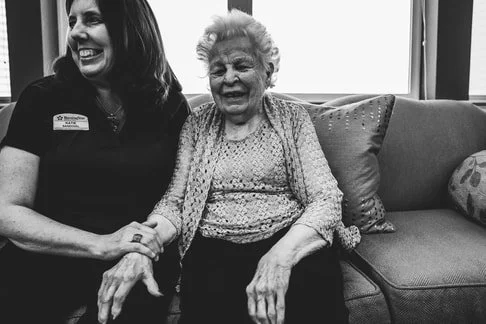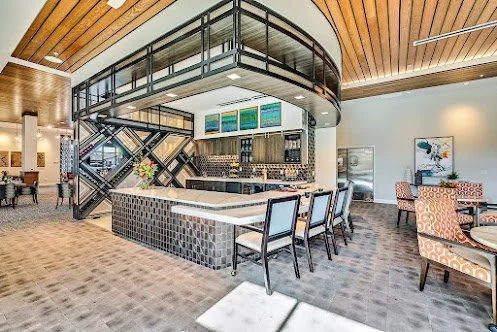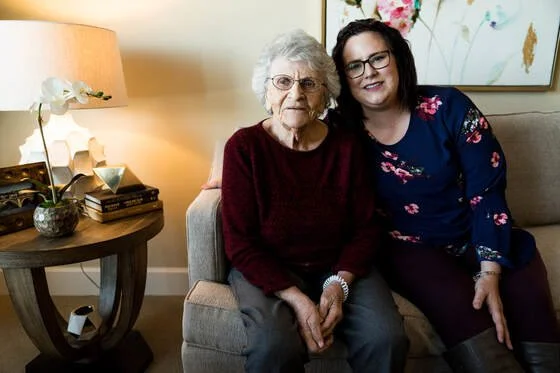Wandering Is a Risk Among Individuals With Dementia
The Alzheimer’s Association says that six in 10 people with dementia will wander. The danger with this is someone with Alzheimer’s disease may not remember their name, their address or how to get home. Furthermore, the more agitated the person becomes when they feel lost and disorientated, the less able they may be to tell someone something that could help get them safely back home.
Experts say anyone suffering from Alzheimer’s disease or another form of dementia that is mobile is at risk for wandering. Even if the person is in the early stages of the disease, they may still get disorientated; but thankfully there are strategies to help keep your loved one safe.
It is important to have a plan in place in the event that it should happen to your parents or another loved one. Find out if your area has a “Safe Return Program” and enroll them in it and have them wear a GPS locating device at all times. Also, learn to recognize the warning signs of potential wandering such as: has the person forgotten how to get to familiar places, talks about going home even when they are home, gets confused as to where familiar places in the home are, and acts nervous or anxious in crowded areas.
Tips to help prevent wandering include creating and sticking to a routine, identifying the times when wandering is most likely to occur, and trying to make sure all of the person’s needs are met so they don’t feel the need to go out. In addition, reposition door locks out of the line of sight and make sure car keys are not left out. You can buy a device that sounds an alarm when a door or window is opened; and never leave the person locked in at home or in a car alone.
Along with assisted living, MorningStar at West San Jose offers memory care in a secure environment that allows residents to safely explore their surroundings, including an outdoor area. Our holistic approach is guided by our signature program, Lavender Sky, and we help residents and their families navigate this challenging journey with love and compassion. Please contact us or visit our website for more information.
MorningStar is guided by a culture rooted in our mission of honoring God, valuing seniors, and investing in our team, which allows us to deliver services with warmth, sincerity and depth of purpose. We have built a reputation for creating homes filled with an atmosphere of love and community. Please contact us to learn more about the finest assisted living and senior living in San Jose.
Sources:
alz.org/help-support/caregiving/stages-behaviors/wandering
agingcare.com/articles/when-is-it-time-to-place-a-loved-one-with-dementia-188309.htm



















